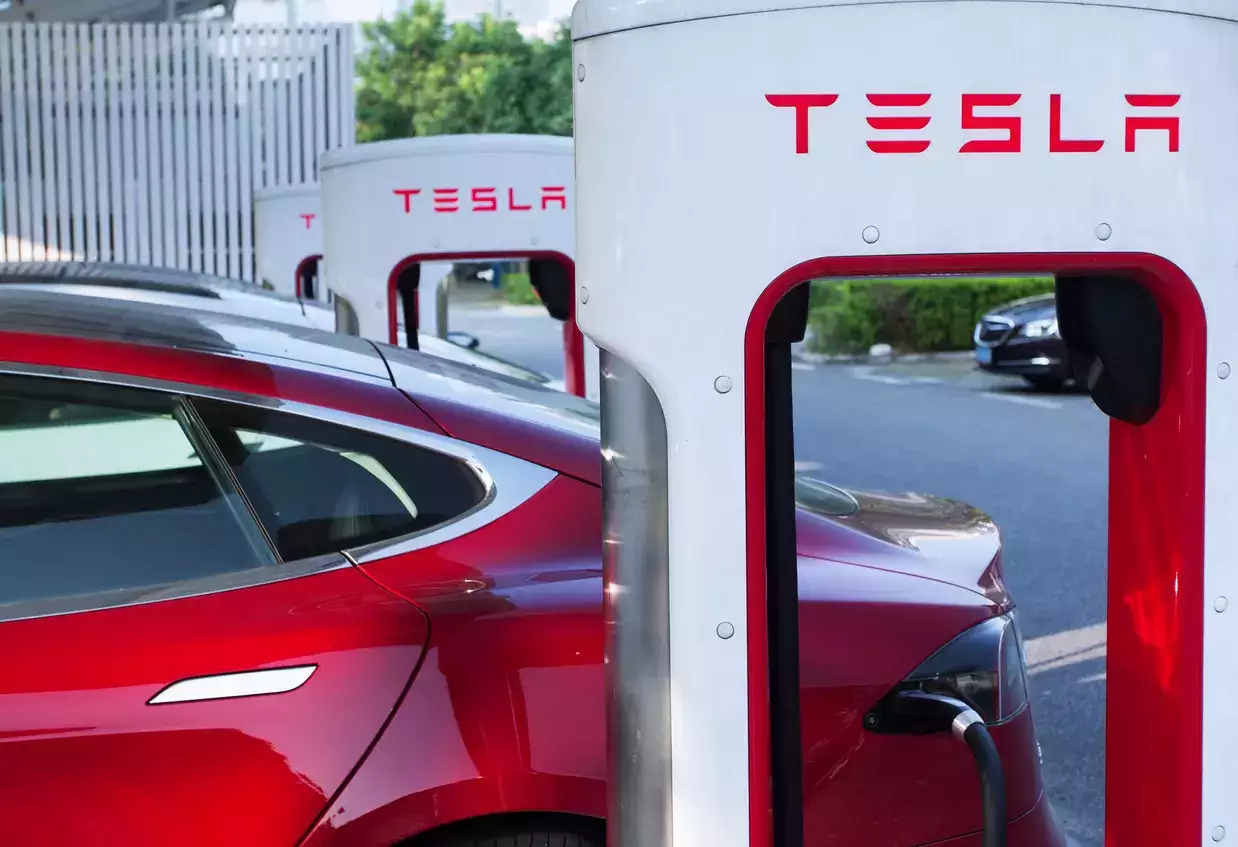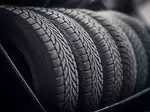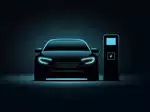No info about Tesla setting up EV manufacturing in India: Kumaraswamy

Well, eight months later Tesla doesn’t seem to be interested, the government has still not issued any guidelines for the policy and not a single OEM has expressed its willingness to avail of benefits defined under SPMEPC.
Responding to a question about Tesla’s intentions, Minister of Heavy Industries, H D Kumaraswamy told Rajya Sabha today that “MHI has no information regarding Tesla’s intention to set up EV manufacturing in India”.
SPMEPC was brought in to promote India as a manufacturing destination for global electric vehicle OEMs by offering import concessions on large cars in lieu of investment guarantee in India. But SOPs (standard operating procedures) are yet to be issued, with Kumaraswamy saying two stakeholder discussions have been held so far.
The SOPs are critical to define the contours of this policy but a top government official had told ETAuto earlier that not a single OEM has come forward and applied under the policy. “Why will we issue SOPs when not even a single OEM has shown interest? VinFast has said it is interested but it has not filed any application for consideration. No one else seems interested,” he had said.
An auto industry veteran said today that stakeholder discussions have been primarily around a single question: If an OEM puts up a dedicated line in an existing facility for manufacturing electric vehicles, will it qualify for concessional imports of completely built units (CBUs)? If yes, then how will the domestic value addition be calculated? Domestic value addition of 50% is mandated under the policy, with certain qualifications.
“Lets say battery supplies can be earmarked as being only needed for the EV line within the entire plant which is also manufacturing ICE vehicles. But for raw materials like steel, for example, how can DVA be calculated - how does the OEM show what quantity of steel was used for ICE vehicles and what was used for EV manufacturing? This is a complicated question for the government too,” this person said.
Another industry veteran said that while there have been discussions about another crucial issue - whether existing investments in EV manufacturing will be eligible for concessional CBU imports, no decision has yet been taken on this issue.
The first person said that Hyundai Motor India, Volkswagen and Toyota Kirloskar Motors may be interested in importing some high end vehicles under the policy, but any decision to participate in SPMEPC will happen only when complete guidelines are in place.
So it appears to be a chicken and egg story - industry wants SOPs before commitments while the government appears to be waiting for actual applications under the policy before issuing SOPs.
Concessions OEMs want
“Can the USD 500 million investment mandated under the policy to avail of import duty concessions on Completely Built Units (CBUs ) be available for brownfield investments in manufacturing? In short, will those OEMs which have already invested in manufacturing electric vehicles in India qualify? How is a new investment defined under the policy? All of these questions remain unanswered till the government releases SOPs,” another senior industry official said on condition of anonymity. Confusion continues over whether Vietnamese company VinFast will qualify under the policy, this person said, since its EV manufacturing investments have already been committed.
The Scheme:
SPMEPC proposes to allow companies that invest a minimum of INR 4,150 crore and which meet domestic value-added conditions to import a limited number of vehicles at reduced customs duties. The policy gave investors three years to set up manufacturing facilities in India, start commercial production and reach 50% domestic value addition (DVA) within five years at the maximum (25% by the third year). In lieu of this, OEMs could import cars with CIF value of USD 35000 or more at a steep duty cut. Currently, fully built cars attract 100% import duty if their CIF value is over USD 40,000 and 70% for cheaper vehicles. The new policy allows imports at 15% duty.
Local OEMs concerned
In the runup to the policy being drafted, many local electric vehicle manufacturers had expressed reservations against allowing cheaper imports of fully built EVs. Tata Motors is currently the biggest local EV player, with Nexon, Tiago and Punch. The local OEMs had pleaded their case by citing the investments already made in developing a local ecosystem for EV components and the long road ahead before economies of scale could be achieved, given the substantial difference in the cost of acquisition of EVs versus ICE vehicles. As of now, there could be up to 70% differential in the acquisition cost of an EV versus an ICE vehicle of a similar category. So will the local industry swallow the new policy without a hiccup? Or will the SOPs allow brownfield investments by local OEMs to also allow them import concessions? This remains to be seen.
To learn more about the electric vehicle ecosystem and meet the key industry leaders, click here.

